
Finnegan Begin Again
Almost every seaside town in Ireland has one.
The resident canine.
The Duke of the Docks.
The Chairman of Chill.
This one answers to Finnegan.
No mutt more streetwise,
this is his turf.
He knows the ropes here,
just who is a soft touch,
who will chastise,
and who will give chase.
Finnegan makes his rounds daily.
First to Mrs. Tyrell’s Bake Shop for a day old bun.
If he’s lucky they’ve remembered him
at O’Riordan the Butcher’s with a decent bone.
Then it’s down to the rectory for a ladle full of yesterday’s soup
and a neck rub from Father Tam.
Afternoons mean dozing on the pier,
a sure-fire tourist draw.
His bedraggled coat brings out the mother in everyone, it seems.
By nightfall his belly is full.
He knows where he can keep dry and out of the cold.
Crafty is Finnegan.
And on frosty nights there are warm grates outside the pubs.
But there is no master awaiting him,
no hearth his very own,
Finnegan is no one’s and
his wise wee self sleeps alone.

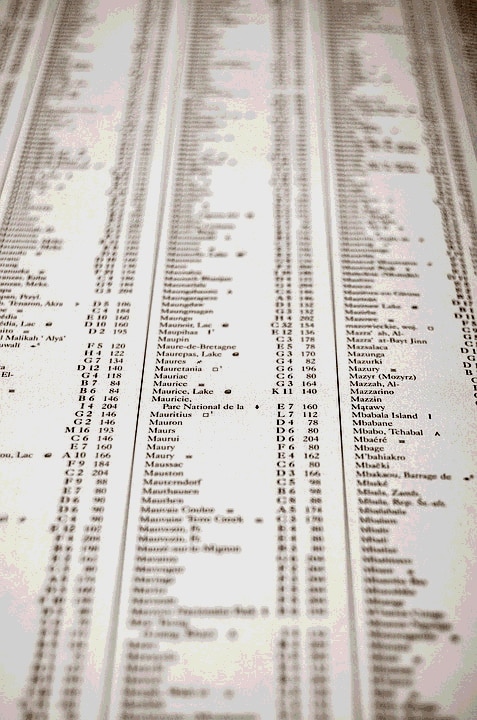
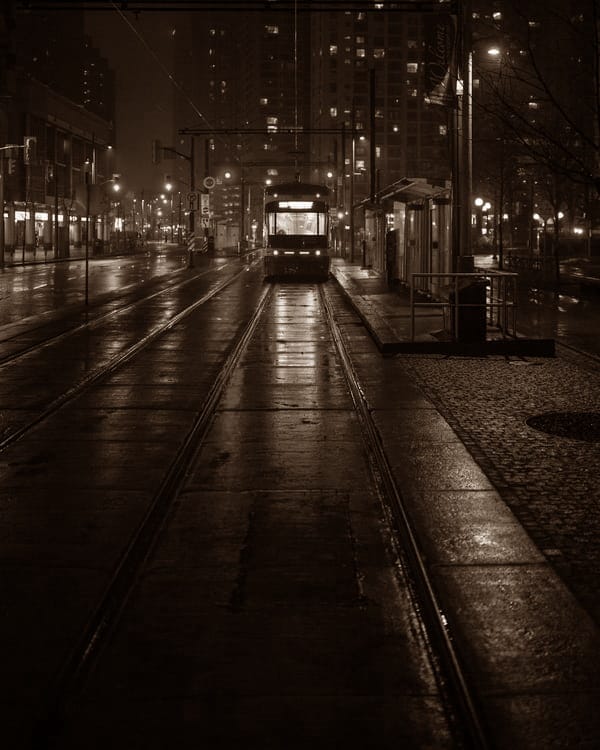

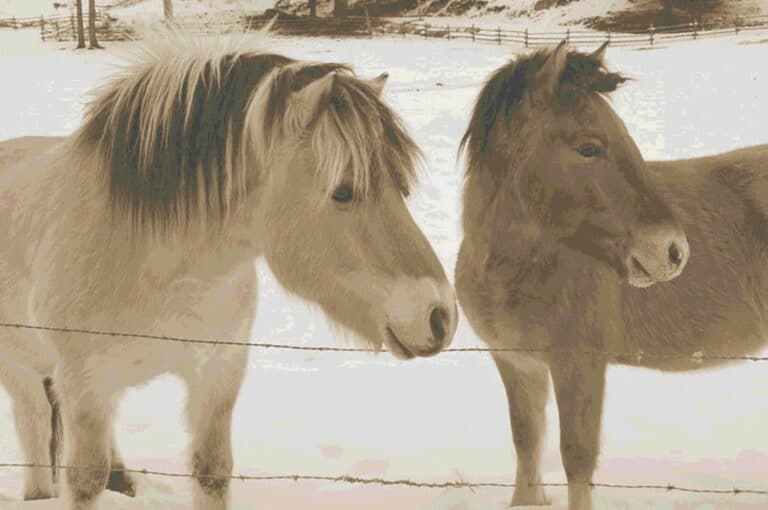






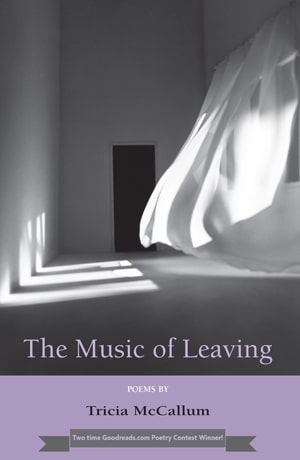




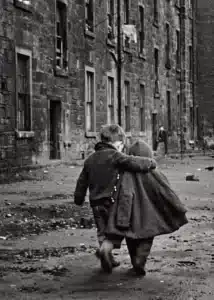

 A sequence of my poems has been published in a hardcover book entitled The Music of Leaving Poems by Tricia McCallum
A sequence of my poems has been published in a hardcover book entitled The Music of Leaving Poems by Tricia McCallum
Thanks for sharing